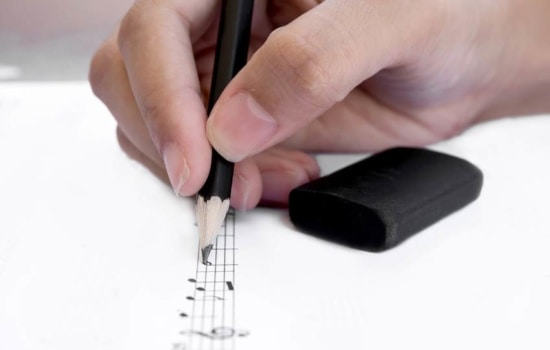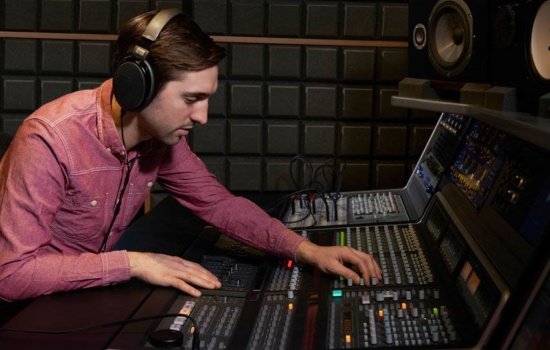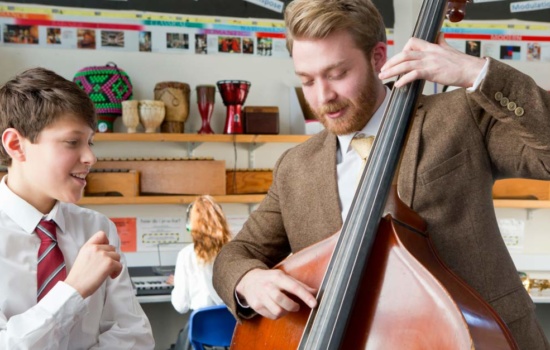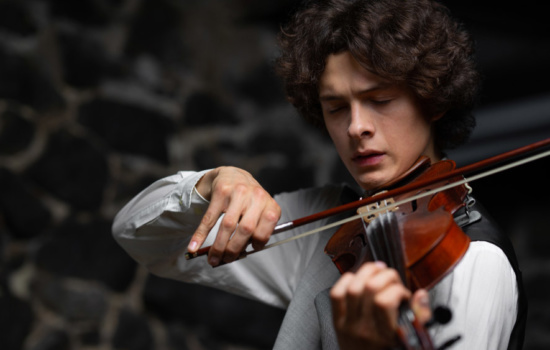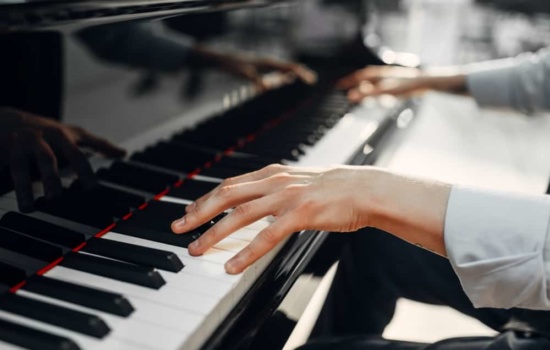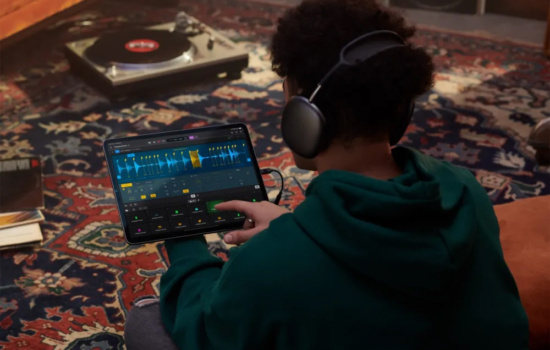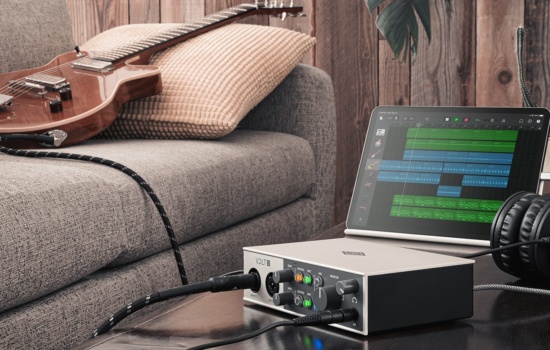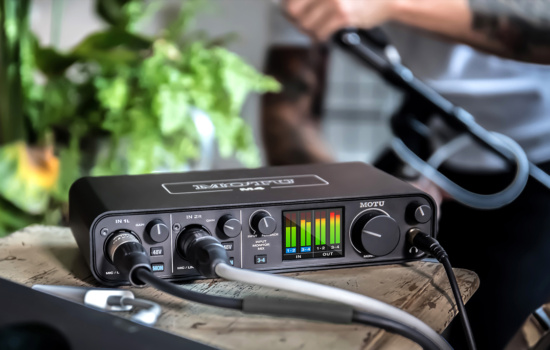Musicology and Ethnomusicology are academic fields focused on the research and study of musical forms and methods, along with the functions of music in Western and non-Western societies and cultures. It includes the holistic investigation of music in its cultural contexts, combining aspects of folklore, psychology, cultural anthropology, linguistics, music theory, and history.
Borrowing methods from many disciplines, Ethnomusicology has evolved since its introduction as a field in the early 20th Century. Initially focused on studying Western Art Music, its perspectives expanded to include non-Western music, and finally to the study of all musical approaches. Today, Ethnomusicology researchers and Musicologists apply systemized frameworks to their research and study.
All of the programs in Musicology are small; most have only a handful of students enrolled. The largest programs might have a dozen or so students enrolled. Students take courses in general music, music theory, and may study on an instrument. Because of the small size of programs, students should expect to receive individualized instruction and guidance in their research from faculty.
Some schools offer only graduate degrees, and the field tends to be very research-oriented and scholarly in nature. A few schools offer minors in Musicology.
All the schools included in my 10 best list have well-established programs with a track record of producing successful alumni. In deciding where to earn your degree, begin by considering a number of schools, and then carefully investigate each one.
I recommend that you visit each school you are seriously considering, and speak directly with the faculty and some students. They can best give you a realistic perspective on what the program is like. You might want to attend a conference to get an idea of which schools are most active in the field and become acquainted with the faculty teaching at various institutions.
Many students choose a school based on the faculty teaching there, or the notable successes of their alumni. Location and cost can be a factor in choosing a school, as are scholarships. There’s a lot to consider when choosing a school. As you do your research, take careful notes to help you compare the different programs’ plusses and minuses.
Take advantage of opportunities to network with industry professionals while researching schools. Keep track of who you speak with, in case questions come up later on and you want to circle back to them. Listen to the opinions of Teachers and other professionals, but in the end, you should make the decision based on what feels right for you.




